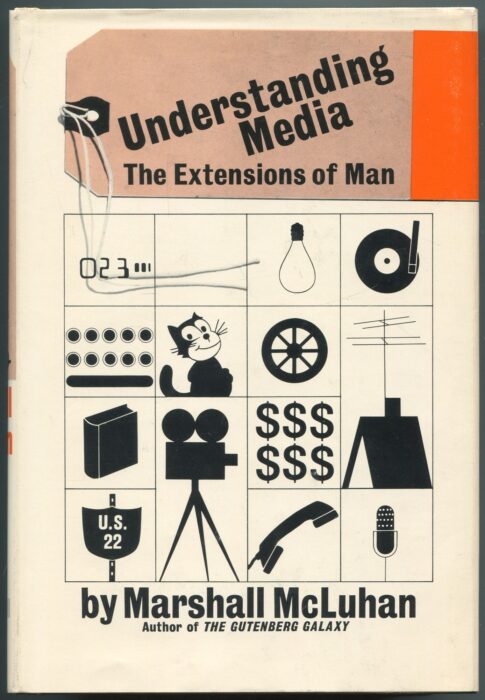R. John Williams, PhD, is Professor of English, and Film and Media Studies at Yale University. He is the author of The Buddha in the Machine: Art, Technology, and the Meeting of East and West, and has published as well on a number of topics including religion, futurology, systems theory, psychoanalysis, and film and television. His forthcoming manuscript, Out of Mind: A Media-Theoretical Critique of Meditation (University of Chicago Press) examines the role of communication technologies in the evolution of contemplative practices during the twentieth century.

R. John Williams
Associate Professor, English, Film and Media, at Yale University
Participant In:
Daily headlines have been startling and scary: “U.S. Life Expectancy Plunged in 2020, Especially for Black and Hispanic Americans,” reported The New York Times. “The Pandemic has Made Homelessness More Visible in Many American Cities,” noted The Economist, while The Guardian announced “The Latest UN Report is Clear: Climate Change is Here, It’s a Crisis, and It’s Caused by… read more »
What is memory? How does it determine our experience and identity? To what extent does memory influence our understanding of the future? Or of time itself? How do individual memories differ from collective ones? What happens to our sense of belonging and selfhood when our memories are externalized in digital devices? Throughout the history of… read more »
What are the effects of media today? What exactly is “social” about social media? How do media shape reality? Are developments in AI changing media as we understand communications technologies? Sixty years ago, the Canadian Professor of English and Media, Marshall McLuhan published the unexpectedly popular volume Understanding Media (1964), which would go on to… read more »
Mindfulness meditation is one of the most popular contemplative techniques in the world. Recently, however, a number of influential criticisms of the practice have emerged, many of which frame the technique as part of a larger neoliberal endeavor meant to privatize emotional well-being. Others have pointed to potential dangers of the practice, identifying cases where,… read more »



